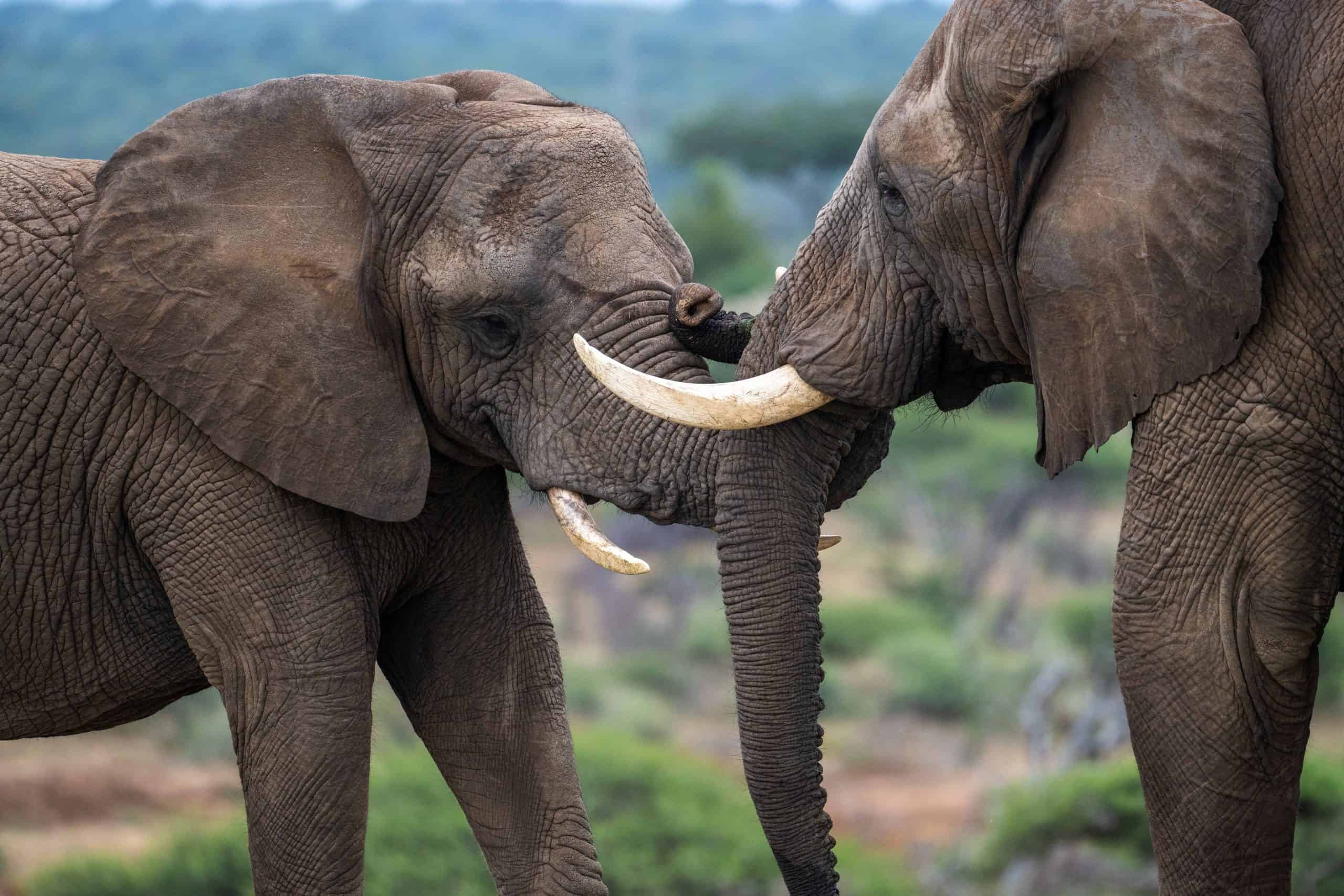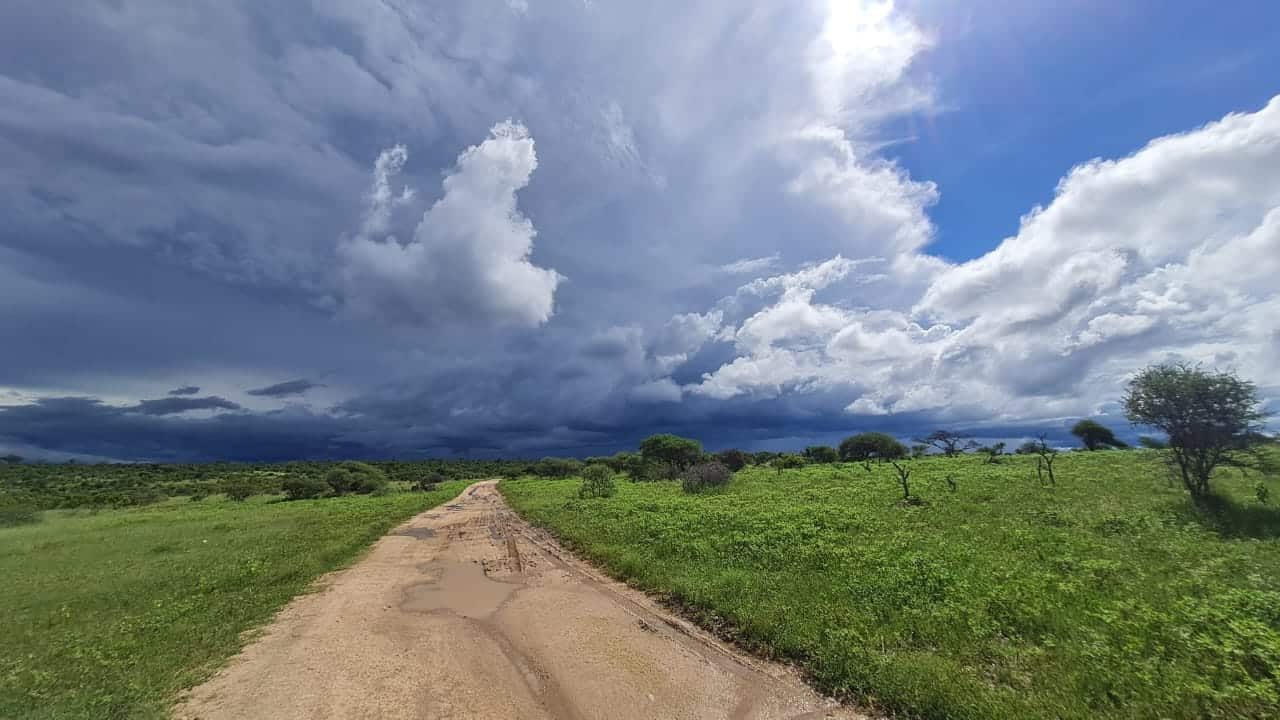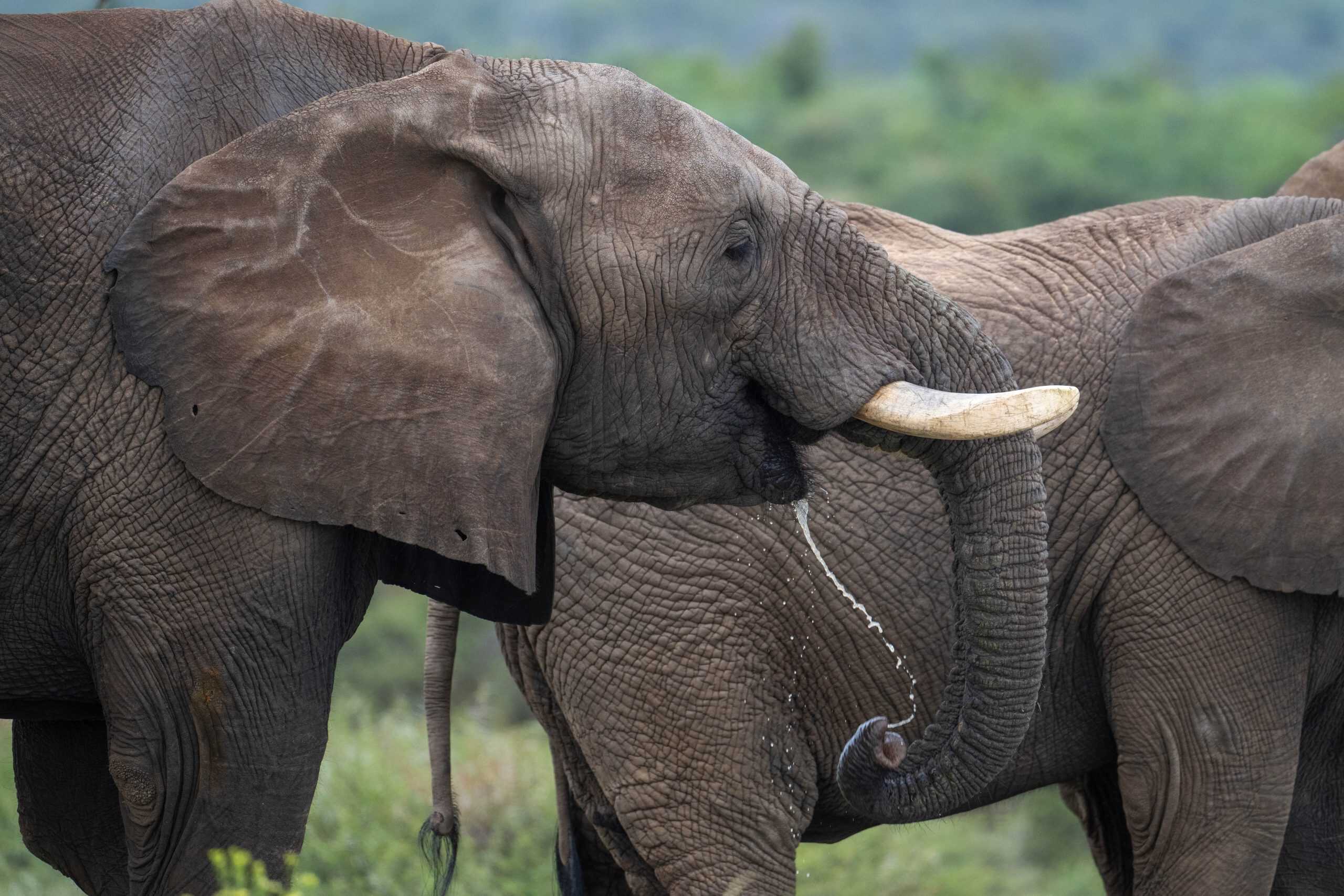The Beauty of Sustainable Living – The Wormery Project at HERD
It has long been a dream of ours to create an aquaponics and wormery farm that could complement the work at both Jabulani, the lodge and HERD, in sustainable ways.
Firstly, as a way to work toward creating a space with zero waste, and secondly to enable a place for learning – about not only elephants, but easy ways to care for the environment and transform your garden, whether at home, business, mall or schools (the options are endless) into sustainable and food-generating oases.
When we started HERD last year, we quickly followed up with building an aquaponics nursery on the same land as the orphanage, and then a wormery farm (vermiculture), working as a team to develop these projects, before opening them as places for visitors to come and learn from.
HERD Carer, Herman actually began his journey with us here, in the wormery, tending to the farm with a level of love, care and dedication that made Adine realise that this was a man with the kind of heart and loyalty that is needed to care for baby elephants. Herman soon took on a new role, caring for Khanyisa and learning more and more about elephants. Already, in this way, our space of sharing and growth was showing beautiful results.
Junior Nursery Carer at HERD, Khensani is also now learning about the wormery, with guidance from not only Herman but also Stefan, Jabulani Lodge GM.
We currently use Red Wiggler worms (Eisenia fetida) which we feed elephant manure from the Jabulani Herd and any wasted fresh produce from the kitchen at Jabulani. The Red Wigglers eat just about anything organic, such as fruit and vegetable scraps, bread, coffee grounds and filters, tea bags, grains, plant trimmings, paper and leaves. What you should avoid feeding them are pet waste, meat, dairy and hot and spicy foods, and you should never feed them metals, foils, plastics, chemicals, oils, solvents, insecticides, soaps, paint, and the like.
We have witnessed a great proliferation of worms and other bugs in our farm, creating a rich and healthy biodiversity from this biomass.
Over time, by-products are produced by the worm farm, for example, vermicompost (containing water-soluble nutrients, it is an excellent, nutrient-rich organic fertiliser and soil conditioner) and vermitea (urine that acts as an organic insect repellent for crops). We use this to add to our bana grass plantation, which is used to feed the elephants.
The leftover bana grass and elephant dung is added back to the worm farm and the worms continue to break them down and turn them back into fertiliser to nourish the plants. Such is the perfect closed circuit cycle that these sustainable farming or gardening practices enable, ensuring that we can continue to care for the land and animals in the best possible way.
As the worms eat through compost, they leave behind waste called worm castings or vermicast, an organic form of fertiliser produced from earthworms (also called worm humus, worm manure, or worm faeces). These are an optimal soil enricher, improve soil aeration and drainage, and increase water retention in the soil.
The wormery farm provides the ideal conditions for seed germination. We plant new seeds in the mix and once the seedlings are a few days of age, we remove them gently from the substrate, rinse them of excessive soil and transfer them to the growth beds of the aquaponics system.
We monitor the seedlings carefully until they are settled in and looking healthy. Once these plants come of age and start producing, we harvest the produce for use in our kitchen. Any unused produce then goes back into worm box, and the cycle starts again.





LISA COOPER
AWWWSOME!!!?...DO YOU HAVE A VIDEO OF YOUR WORMERY AND THE PROCESS OF SEEDLINGS AND OF THE AQUAPONICS AT HERD???... I WOULD LOVE TO SEE HOW THE ENTIRE SYSTEM AND PROCESS WORKS FROM START TO FINISH!!!... THANKS!!!????➕?⛪?
Making Elephant Dung Paper ~ A recycling craft project at Jabulani & HERD – Jabulani
[…] The Wormery […]